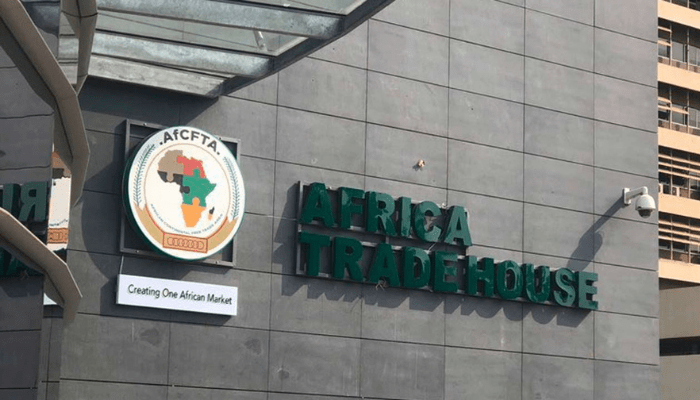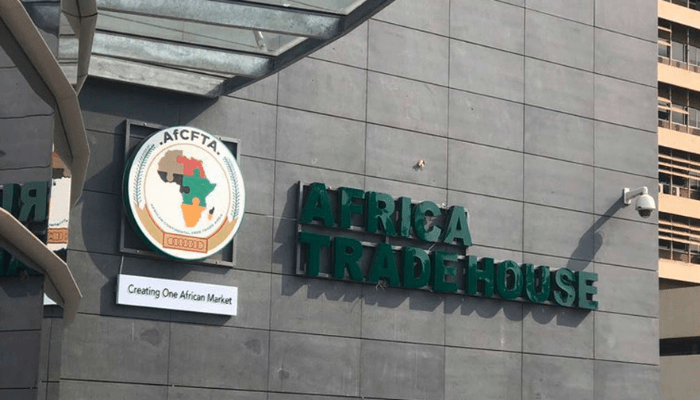Nigeria’s potential to become a dominant force in Africa’s trade landscape under the African Continental Free Trade Area (AfCFTA) faces serious challenges. Despite being a key signatory, the nation grapples with structural and policy bottlenecks that could stifle its economic gains.

AfCFTA, aiming to create a single African market for goods and services, presents immense opportunities by reducing tariffs and trade barriers. However, Nigeria’s weak infrastructure, convoluted regulations, and industrial deficiencies threaten its competitiveness. Transportation networks remain fragmented, while energy costs drive up production expenses. These systemic issues not only inflate business costs but also hinder seamless cross-border trade.
Folashade Ambrose-Medebem, Lagos State’s Commissioner for Commerce, Trade, and Investment, highlights the urgent need to strengthen logistics and transportation. After Nigeria’s first AfCFTA shipment in July 2024, critical discussions revealed gaps in manufacturing capacity, pricing structures, and trade guidelines. Stakeholders stress that modernising ports, rail, and freight systems is essential for smoother trade flows and reduced delays.
The industrial sector’s performance, as shown in a recent National Bureau of Statistics report, declined significantly in 2024. Manufacturing’s GDP contribution dropped to 12.68% by mid-year, spotlighting Nigeria’s overreliance on oil exports. Experts like Daniel Dickson-Okezie argue that poor policies, limited financing, and outdated production techniques weaken Nigeria’s ability to compete with other African economies.
David Etim, President of CALCCIMA, underscores the need for comprehensive reforms. Public-private partnerships, streamlined border regulations, and investment in industrial diversification are critical steps. Support for small and medium enterprises (SMEs), innovation, and technology-driven solutions could transform Nigeria’s market position.
Nigeria’s trade policy must shift from protectionism to alignment with AfCFTA’s free trade principles. A unified strategy between federal and state governments is crucial for infrastructure development and policy coherence.
By tackling these obstacles with decisive reforms, Nigeria can unlock AfCFTA’s transformative potential, boosting intra-African trade and fostering sustainable growth across the continent. The moment for bold action is now, as Nigeria’s success will ripple across Africa’s integrated economic future.


